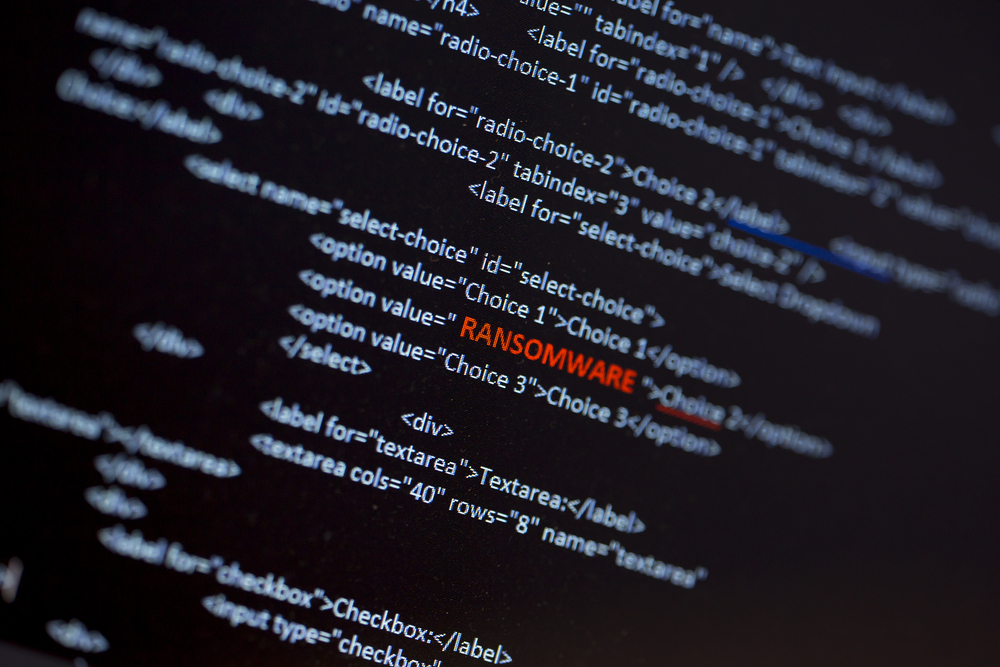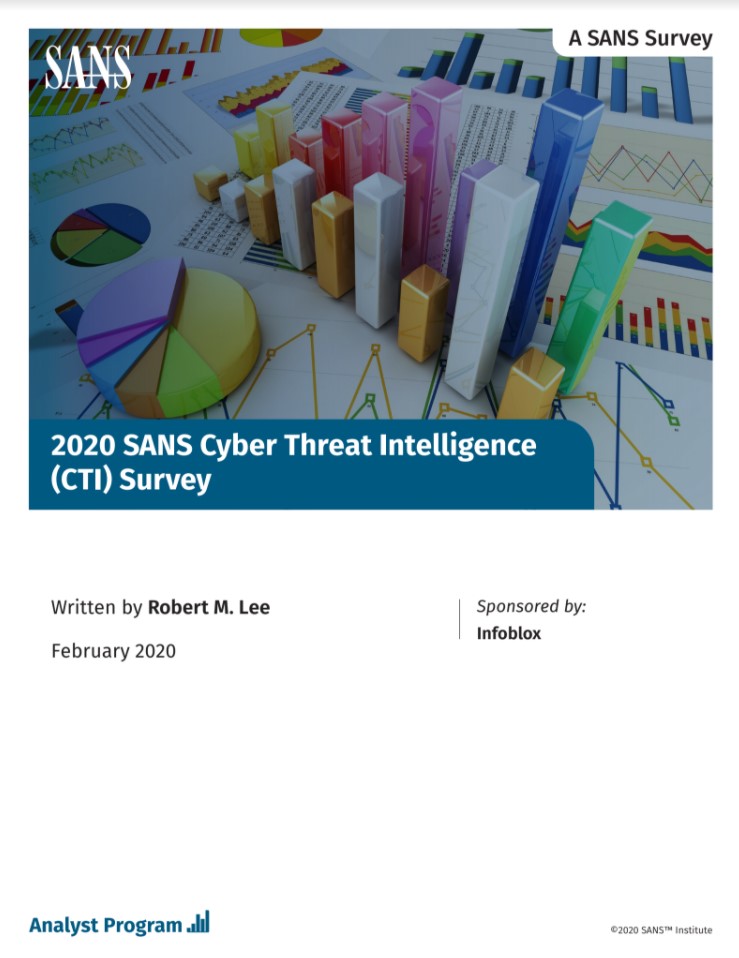Maze ransomware gang retires from cyber crime
The statement released by the group suggests cryptocurrency market shifts might be pricing the group out of operations


The Maze ransomware gang, behind some of the most notorious attacks of 2020, has announced that it’s shutting down its operations for good.
The notorious group, first discovered in May 2019, built a solid reputation in a short space of time to encrypt all the files it can on infected systems before demanding a ransom to return the documents.
Maze distinguished itself from several other groups in the way it threatened to release the information over the internet should the ransom not have been paid. It’s a method that has since inspired other groups, such as Ryuk, Mount Locker and REvil, to set up their own sites and threaten public disclosure in a similar way.
The gang would have issued a warning that they were planning to release details of a security breach, or distribute commercially valuable information, and use stolen data to attack clients and partners.
Maze has been highly active over the last year and a half, most recently using its devastating strain to cripple the systems of several large companies, including Canon in August, as well as a Xerox in July.
The group, meanwhile, targeted the systems of several major organisations in June, including VT San Antonio Aerospace and MaxLinear, in attacks that involved hackers stealing large volumes of data. Cognizant, too, fell victim to Maze in April, in an attack which led to the loss of up to $70 million for the IT services provider.
“The Project is closed,” the press release said, according to cyber security expert Graham Cluley. “Maze Team Project is announcing it is officially closed. All the links to out project, using of our brand, our work methods should be considered to be a scam.
Get the ITPro daily newsletter
Sign up today and you will receive a free copy of our Future Focus 2025 report - the leading guidance on AI, cybersecurity and other IT challenges as per 700+ senior executives
RELATED RESOURCE

2020 Cyber Threat Intelligence (CTI) survey
How to measure the effectiveness of your CTI programme
“We never had partners or official successors. Our specialists do not works with any other software. Nobody and never will be able to host new partners at our news website. The Maze cartel was never exists and is not existing now. It can be found only inside the heads of the journalists who wrote about it [sic].”
The group continued to warn about the way that cryptocurrency markets are changing, with the value of digital currencies rising “higher and higher”, to the extent all Bitcoin will be concentrated in the hands of a few. The suggestion is that these market shifts may affect how lucrative the Maze group’s cyber crime antics may be in the future.

Keumars Afifi-Sabet is a writer and editor that specialises in public sector, cyber security, and cloud computing. He first joined ITPro as a staff writer in April 2018 and eventually became its Features Editor. Although a regular contributor to other tech sites in the past, these days you will find Keumars on LiveScience, where he runs its Technology section.
-
 Bigger salaries, more burnout: Is the CISO role in crisis?
Bigger salaries, more burnout: Is the CISO role in crisis?In-depth CISOs are more stressed than ever before – but why is this and what can be done?
By Kate O'Flaherty Published
-
 Cheap cyber crime kits can be bought on the dark web for less than $25
Cheap cyber crime kits can be bought on the dark web for less than $25News Research from NordVPN shows phishing kits are now widely available on the dark web and via messaging apps like Telegram, and are often selling for less than $25.
By Emma Woollacott Published
-
 ‘Phishing kits are a force multiplier': Cheap cyber crime kits can be bought on the dark web for less than $25 – and experts warn it’s lowering the barrier of entry for amateur hackers
‘Phishing kits are a force multiplier': Cheap cyber crime kits can be bought on the dark web for less than $25 – and experts warn it’s lowering the barrier of entry for amateur hackersNews Research from NordVPN shows phishing kits are now widely available on the dark web and via messaging apps like Telegram, and are often selling for less than $25.
By Emma Woollacott Published
-
 Healthcare systems are rife with exploits — and ransomware gangs have noticed
Healthcare systems are rife with exploits — and ransomware gangs have noticedNews Nearly nine-in-ten healthcare organizations have medical devices that are vulnerable to exploits, and ransomware groups are taking notice.
By Nicole Kobie Published
-
 Alleged LockBit developer extradited to the US
Alleged LockBit developer extradited to the USNews A Russian-Israeli man has been extradited to the US amid accusations of being a key LockBit ransomware developer.
By Emma Woollacott Published
-
 February was the worst month on record for ransomware attacks – and one threat group had a field day
February was the worst month on record for ransomware attacks – and one threat group had a field dayNews February 2025 was the worst month on record for the number of ransomware attacks, according to new research from Bitdefender.
By Emma Woollacott Published
-
 CISA issues warning over Medusa ransomware after 300 victims from critical sectors impacted
CISA issues warning over Medusa ransomware after 300 victims from critical sectors impactedNews The Medusa ransomware as a Service operation compromised twice as many organizations at the start of 2025 compared to 2024
By Solomon Klappholz Published
-
 Warning issued over prolific 'Ghost' ransomware group
Warning issued over prolific 'Ghost' ransomware groupNews The Ghost ransomware group is known to act fast and exploit vulnerabilities in public-facing appliances
By Solomon Klappholz Published
-
 The Zservers takedown is another big win for law enforcement
The Zservers takedown is another big win for law enforcementNews LockBit has been dealt another blow by law enforcement after Dutch police took 127 of its servers offline
By Solomon Klappholz Published
-
 There’s a new ransomware player on the scene: the ‘BlackLock’ group has become one of the most prolific operators in the cyber crime industry – and researchers warn it’s only going to get worse for potential victims
There’s a new ransomware player on the scene: the ‘BlackLock’ group has become one of the most prolific operators in the cyber crime industry – and researchers warn it’s only going to get worse for potential victimsNews Security experts have warned the BlackLock group could become the most active ransomware operator in 2025
By Solomon Klappholz Published